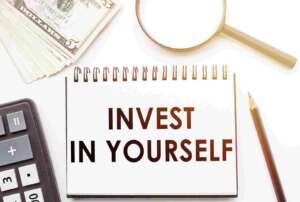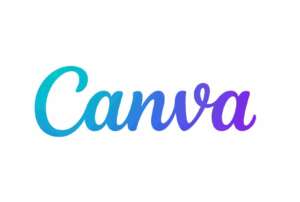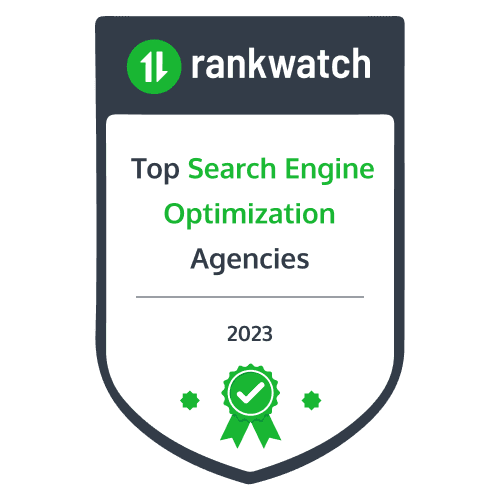As we move into a more digitally-driven world, the importance of personal branding has become more significant than ever before. Personal branding is about how you represent yourself, your values, and your skills to the world around you. It is a journey that requires much work, dedication, and commitment. However, the results can be life-changing. In this article, we will explore the stages of personal branding and provide you with the tools and resources to help you unleash your personal brand.

Introduction to Personal Branding
Personal branding is developing a unique image and reputation for yourself. It is a way of marketing yourself and your career. Personal branding is important because it helps you stand out in a crowded job market. When you have a strong personal brand, you become more visible to potential employers, clients, and customers. It also helps you build credibility and trust with your audience.
Your personal brand is not just about your skills and experience. It is also about your personality, values, and passions. Your personal brand should reflect who you are and what you stand for. It should be authentic and genuine. Personal branding is not about creating a fake persona. It is about showcasing the best version of yourself.
The Importance of Personal Branding
Personal branding has become more important than ever in today’s digital age. Social media and online platforms make it easier than ever to create a personal brand and reach a wider audience. Personal branding can help you in many ways, such as:
1. Building Credibility
You become more credible in your industry when you have a strong personal brand. People trust and respect those with a strong reputation and a well-established personal brand.
2. Career Growth
Personal branding can help you advance in your career. You become more visible to potential employers and recruiters when you have a strong personal brand. You become the go-to person in your field and can attract new opportunities.
3. Establishing Authority


Personal branding can help you establish yourself as an authority in your industry. When you have a strong personal brand, people look up to you for guidance and advice.
4. Networking
Personal branding can help you build a strong network of contacts. When you have a strong personal brand, people will want to connect and collaborate with you.
The Stages of Personal Branding
Personal branding is a journey that involves several stages. Let’s explore each stage in detail.
Stage 1: Self-discovery and Defining Your Personal Brand


The first stage of personal branding is self-discovery. This stage is all about getting to know yourself and defining your personal brand. You need to identify your values, passions, and skills. You must understand what makes you unique and differentiates you from others.
To define your personal brand, you need to ask yourself some questions:
- What are your values?
- What are your passions?
- What are your skills?
- What makes you unique?
- What do you want to be known for?
Once you have answered these questions, you can develop your personal brand. Your personal brand should reflect your values, passions, and skills.
Stage 2: Building Your Personal Brand Online
Once you have defined your personal brand, the next stage is to build your personal brand online. This stage is all about creating a strong online presence that reflects your personal brand.
To build your personal brand online, you need to:
- Create a professional website that showcases your skills and experience.
- Develop a strong social media presence that reflects your personal brand.
- Create valuable content that showcases your expertise and knowledge.
Your online presence should be consistent with your brand. It should reflect your values, passions, and skills.
Stage 3: Cultivating Your Personal Brand Through Content Creation
The third stage of personal branding is all about cultivating your personal brand through content creation. This stage is about creating valuable content showcasing your expertise and knowledge.
To cultivate your personal brand through content creation, you need to:
- Identify your target audience.
- Develop a content strategy.
- Create valuable content that showcases your expertise.
- Promote your content on social media and other online platforms.
Your content should be consistent with your personal brand. It should reflect your values, passions, and skills.
Stage 4: Leveraging Your Personal Brand for Career Growth
The fourth stage of personal branding is all about leveraging your personal brand for career growth. This stage is all about using your personal brand to advance in your career.
To leverage your personal brand for career growth, you need to:
- Network with others in your industry.
- Attend industry events and conferences.
- Seek out speaking opportunities.
- Collaborate with others in your industry.
Your brand should be a reflection of your expertise and knowledge. It should help you stand out in your industry and attract new opportunities.
Stage 5: Maintaining and Evolving Your Personal Brand


The final stage of personal branding is all about maintaining and evolving your personal brand. This stage is about staying true to your values and passions while continuing to grow and evolve.
To maintain and evolve your brand, you need to:
- Monitor your online presence.
- Update your website and social media profiles.
- Continue to create valuable content.
- Seek out new opportunities to grow and evolve.
Your brand should reflect who you are and what you stand for. It should continue to evolve and grow as you do.
Personal Branding Success Stories
There are many personal branding success stories out there. Let’s take a look at some of the most inspiring ones.
1. Gary Vaynerchuk
Gary Vaynerchuk is a successful entrepreneur and social media influencer. He is known for his personal brand, which is all about hustle, hard work, and determination. He has built a strong online presence through his website, social media profiles, and YouTube channel.
2. Marie Forleo
Marie Forleo is a successful entrepreneur and personal branding expert. She is known for her brand, which empowers women to build successful businesses. She has built a strong online presence through her website, social media profiles, and YouTube channel.
3. Neil Patel
Neil Patel is a successful entrepreneur and digital marketing expert. He is known for his personal brand, which provides valuable content and insights into digital marketing. He has built a strong online presence through his website, social media profiles, and YouTube channel.
Tools and Resources for Personal Branding
There are many tools and resources available to help you unleash your brand. Let’s take a look at some of the most useful ones.
1. BrandYourself
BrandYourself is an online reputation management tool that helps you monitor and improve your online presence. It can help you identify negative search results and provide you with strategies to improve your online reputation.
2. Canva


Canva is a graphic design tool that can help you create professional-looking graphics for your website and social media profiles. It offers many templates and design elements to help you create a consistent and visually appealing personal brand.
3. LinkedIn Learning
LinkedIn Learning is an online platform offering courses on various topics, including personal branding. It can help you develop your skills and knowledge to create a strong personal brand.
Conclusion
Personal branding is a journey that involves several stages. It requires a lot of work, dedication, and commitment. However, the results can be life-changing. You become more visible to potential employers, clients, and customers when you have a strong personal brand. You become the go-to person in your industry and can attract new opportunities. So, if you haven’t already started your personal branding journey, now is the time. Use the tools and resources provided in this article to unleash your personal brand and take your career to the next level.


